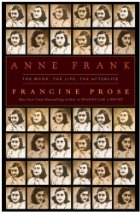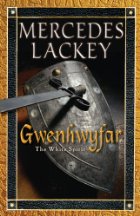We just wanted to make all of you aware of the fastest growing youth outreach initiative in the country called REACH a Child.org . What this non-profit organization does is collects and donates children’s books to kids in crisis situations through the local Police, State Partol, Sheriff, EMS and fire departments staff and volunteers. These officers hand out these children’s books ( one book at a time) to children that they meet at the scene of an accident, fire or other domestic crisis situation where children are involved. The books play an important role in giving the child an opportunity to redirect their focus away from the troubling situation and on to something more positive …like a story in a children’s book! Please visit our website at http://www.REACHaChild.org and find out how you can get this program going in your own community! We look forward to hearing from many of you in the days ahead! Help us to “Put a smile on the face of a child in the time of need!” like our mission statement reads!
Respectfully,
Paul S. Gilbertson, Co-Founder/CEO
Author/Public Speaker
paul.gilbertson@REACHaChild.org






 Random House, 2008 ISBN:
Random House, 2008 ISBN: